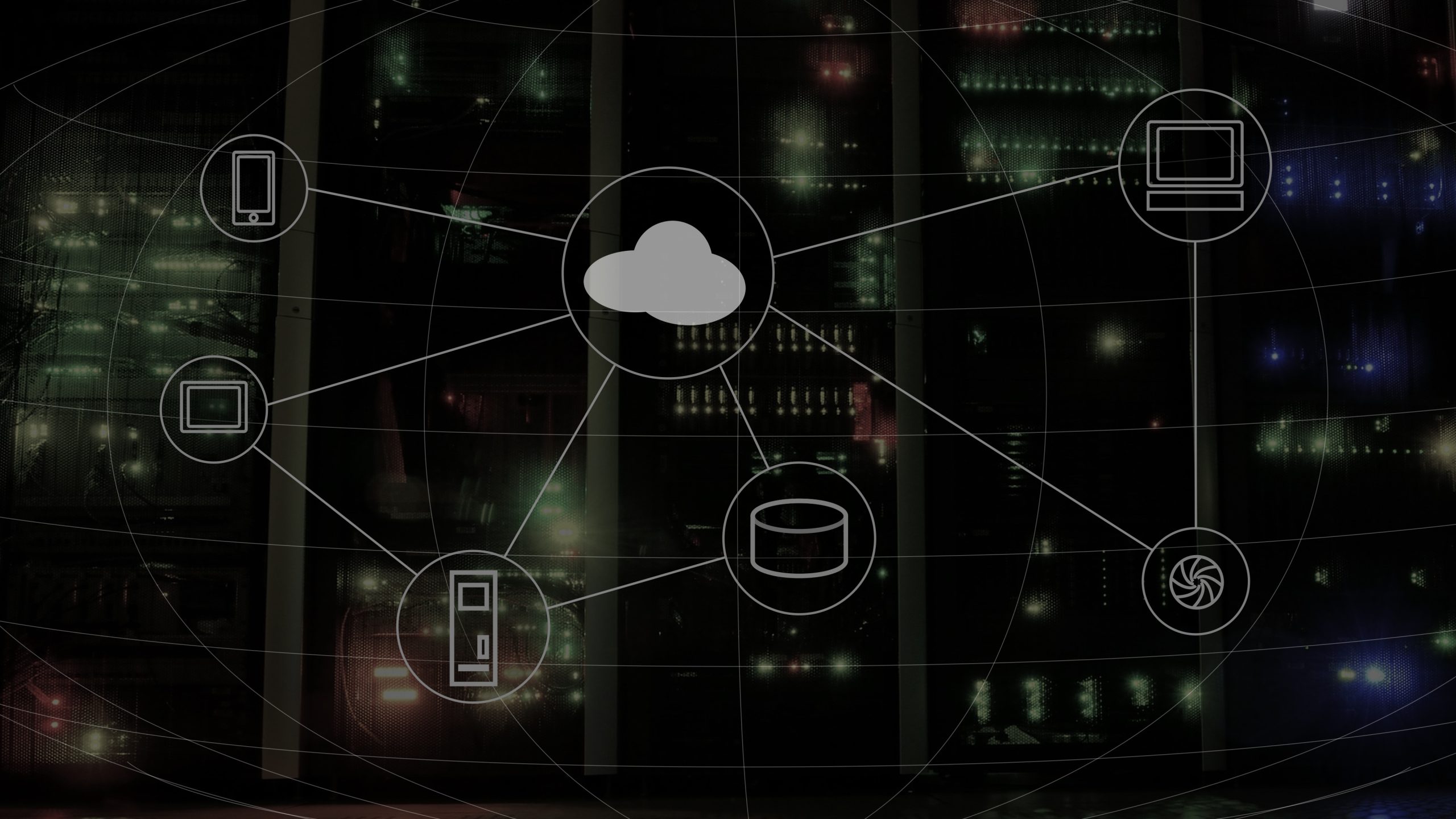- 14 April 2023
- 251
The Role of Cloud Computing in US Electronics

Cloud computing has revolutionized the way that businesses and individuals store and access their data, and it has also played a significant role in the development of electronics in the United States. In this article, we will explore the role of cloud computing in US electronics and how it has transformed the industry.
At its core, cloud computing refers to the delivery of computing services, including software, storage, and processing power, over the internet. Instead of relying on local servers or hardware, cloud computing allows users to access these services from anywhere in the world, as long as they have an internet connection. This has had a significant impact on the development of electronics, as it has allowed manufacturers to design devices that are more lightweight, portable, and energy-efficient than ever before.
One of the most significant impacts of cloud computing on US electronics has been its role in the development of the Internet of Things (IoT). IoT refers to the network of physical devices, vehicles, and other items that are embedded with electronics, software, sensors, and connectivity, which allows them to exchange data with other devices and systems over the internet. By leveraging cloud computing, IoT devices can be managed, monitored, and updated remotely, making them more efficient and effective than traditional devices.
Another key area where cloud computing has impacted US electronics is in the development of artificial intelligence (AI) and machine learning (ML) technologies. These technologies rely heavily on massive amounts of data to train and improve their algorithms, and cloud computing provides an ideal platform for storing and processing this data. As a result, many electronics manufacturers are now incorporating AI and ML technologies into their devices, from smartphones and laptops to home appliances and even cars.
While the benefits of cloud computing in US electronics are clear, there are also some challenges that must be addressed. One of the most significant of these is the issue of data privacy and security. As more and more data is stored and processed in the cloud, there is a growing concern about the potential for data breaches and cyber attacks. Additionally, there are concerns around the environmental impact of cloud computing, as it requires large amounts of energy to power the servers and data centers that make it possible.
Overall, the role of cloud computing in US electronics cannot be overstated. From IoT devices to AI and ML technologies, cloud computing has enabled a new era of innovation and growth in the electronics industry. However, as with any new technology, it is important for users to stay informed and aware of the potential risks and challenges, in order to ensure that the benefits of cloud computing can be fully realized.

